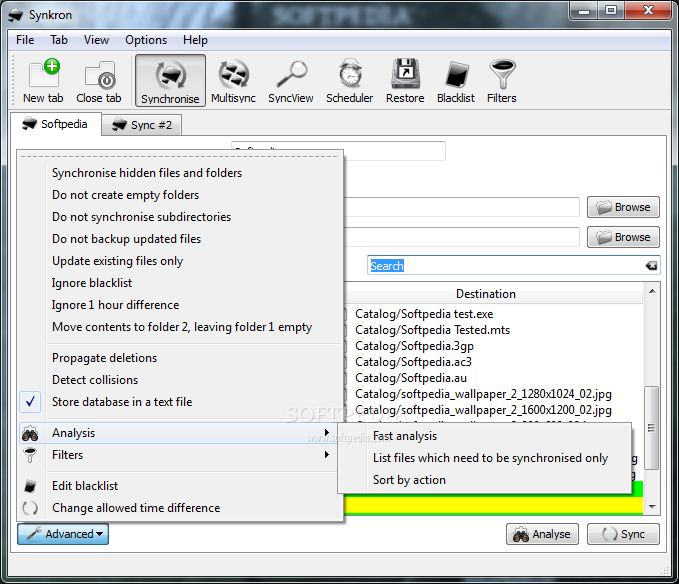
Ĭolombia is a country of approximately 48 million inhabitants, with some 5.2 million being aged 60 years and above. More than 40 papers from SABE study have been published during the last decade including different topics like gender, chronic conditions, hypertension, diabetes mellitus, obesity, anemia, cancer, anthropometric measures, oral health, mobility, frailty and sarcopenia, disability, falls, depression, cognitive function, and caregivers. Recently, with a similar methodology of the SABE study, a cross-sectional survey was conducted in the urban zone of Bogotá (Colombia) including 2000 people of 60+ years. As expected, ethnicity is a critical factor in poverty, inequity, and social exclusion among aborigines in the region.

Between 20 in Ecuador, a similar study with emphasis on aborigine population (10.4% of total population) was conducted: SABE Ecuador. Īfter the SABE study was conducted in Latin America, several cross-sectional studies have been carried out in the region. For example, on the basis of this research second panel data was analyzed in Chile and Brazil. Results of SABE increased our understanding of the aging processes and the formulation of public policy toward the well-being of the LAC populations and provided a solid base for a second generation of studies in the region. The study represented a milestone in the field of population aging in the region and could provide enough information to study the phenomenon of aging in detail. The study included 10,891 individuals, 60+ years of age, living in seven big cities of the region (Bridgetown, Buenos Aires, Havana, Mexico City, Montevideo, Santiago, and Sao Paulo) and was based on a probabilistic, stratified, multistage, cluster-sampling design of noninstitutionalized elderly population of the seven participating cities.

The major health study of the old people in Latin America and the Caribbean (LAC) is the SABE study Survey on Health, Well-Being, and Aging in Latin America and the Caribbean SABE (from initials in Spanish: SAlud, Bienestar & Envejecimiento) is a multicenter project originally conducted by the Pan-American Health Organization (PAHO). The results of this study are intended to inform public policies aimed at tackling health inequalities for the aging society in Colombia. The SABE Colombia is a comprehensive, multidisciplinary study of the elderly with respect to active aging determinants. The study had three components: (1) a questionnaire covering active aging determinants including anthropometry, blood pressure measurement, physical function, and biochemical and hematological measures (2) a subsample survey among family caregivers (3) a qualitative study with gender and cultural perspectives of quality of life to understand different dimensions of people meanings.

The total sample size of the study at the urban and rural research sites (244 municipalities) was 23.694 elderly Colombians representative of the total population. Methods and design were similar to original LAC SABE. The SABE Colombia is a population-based cross-sectional study on health, aging, and well-being of elderly individuals aged at least 60 years focusing attention on social determinants of health inequities. The major health study of the old people in Latin America and the Caribbean (LAC) is the Survey on Health, Well-Being, and Aging in LAC, SABE (from initials in Spanish: SAlud, Bienestar & Envejecimiento). To describe the design of the SABE Colombia study.


 0 kommentar(er)
0 kommentar(er)
